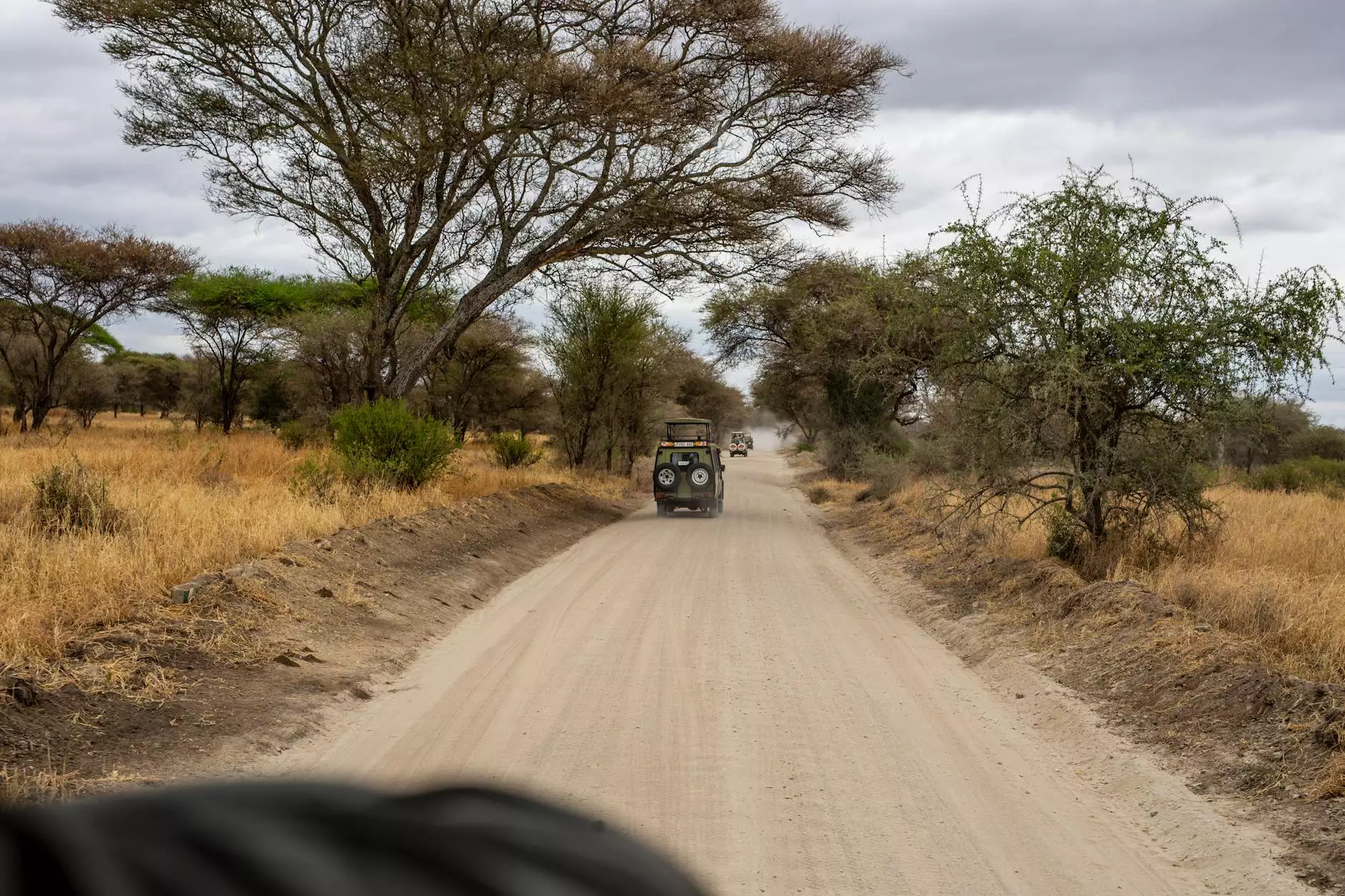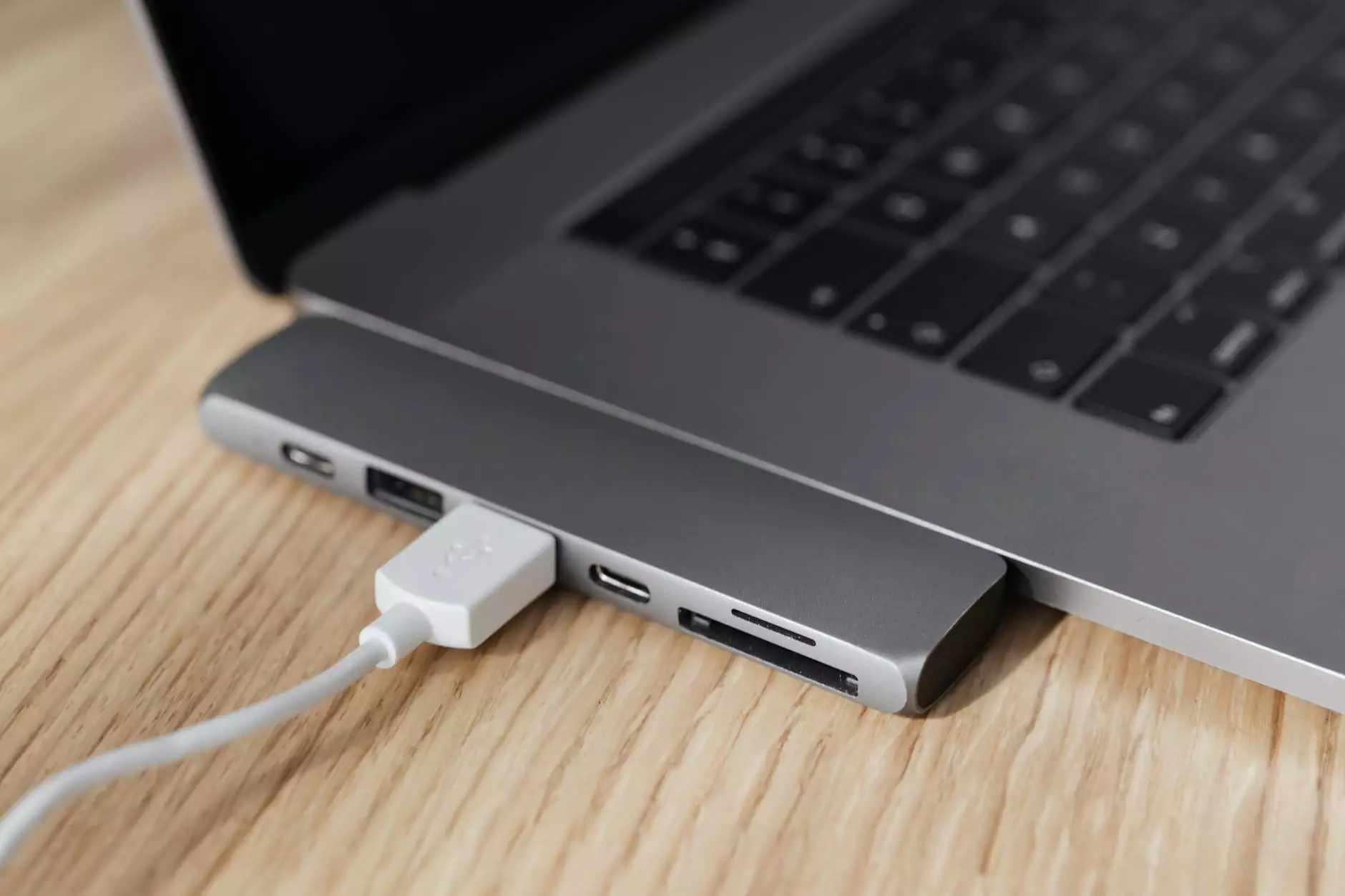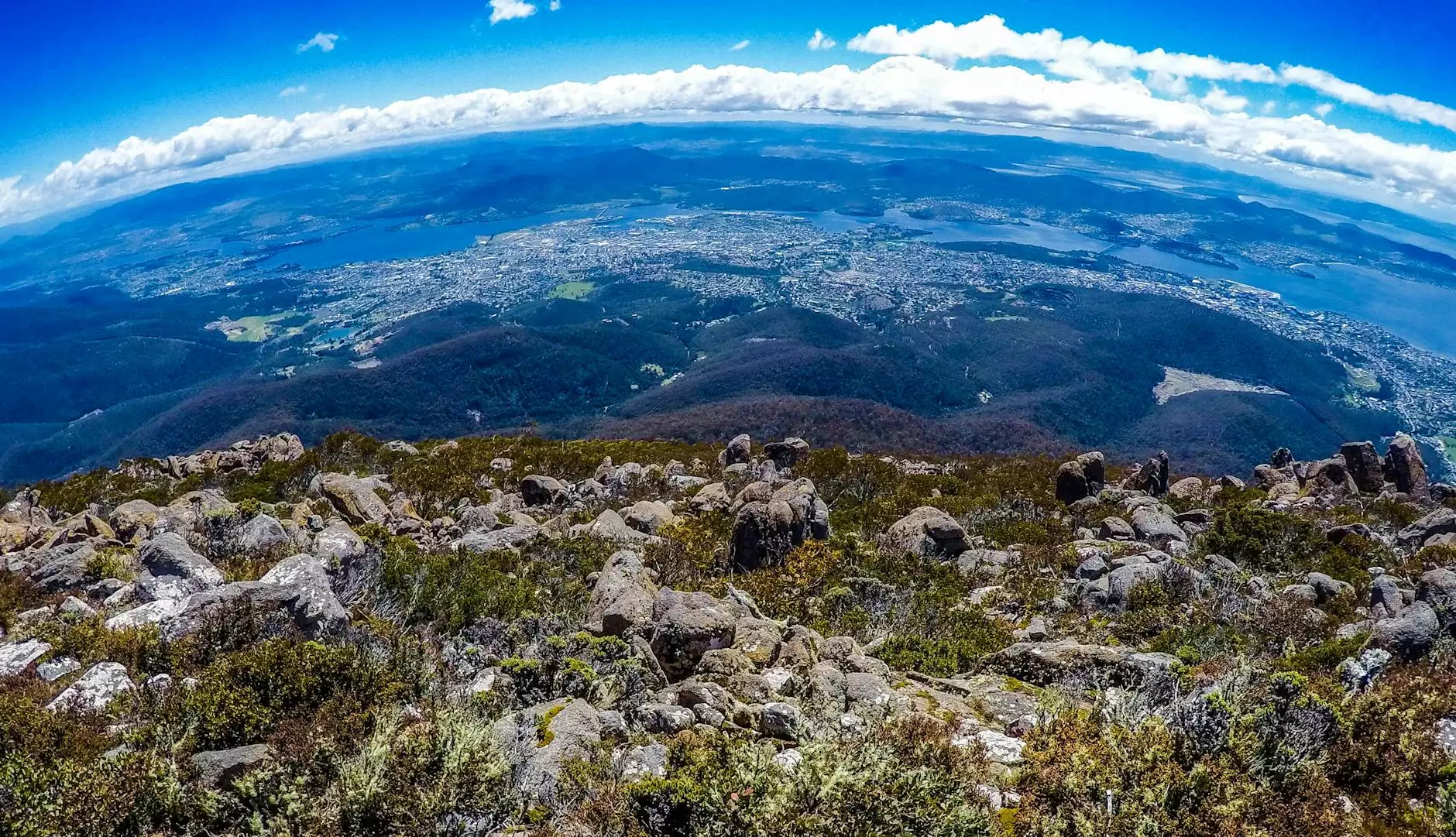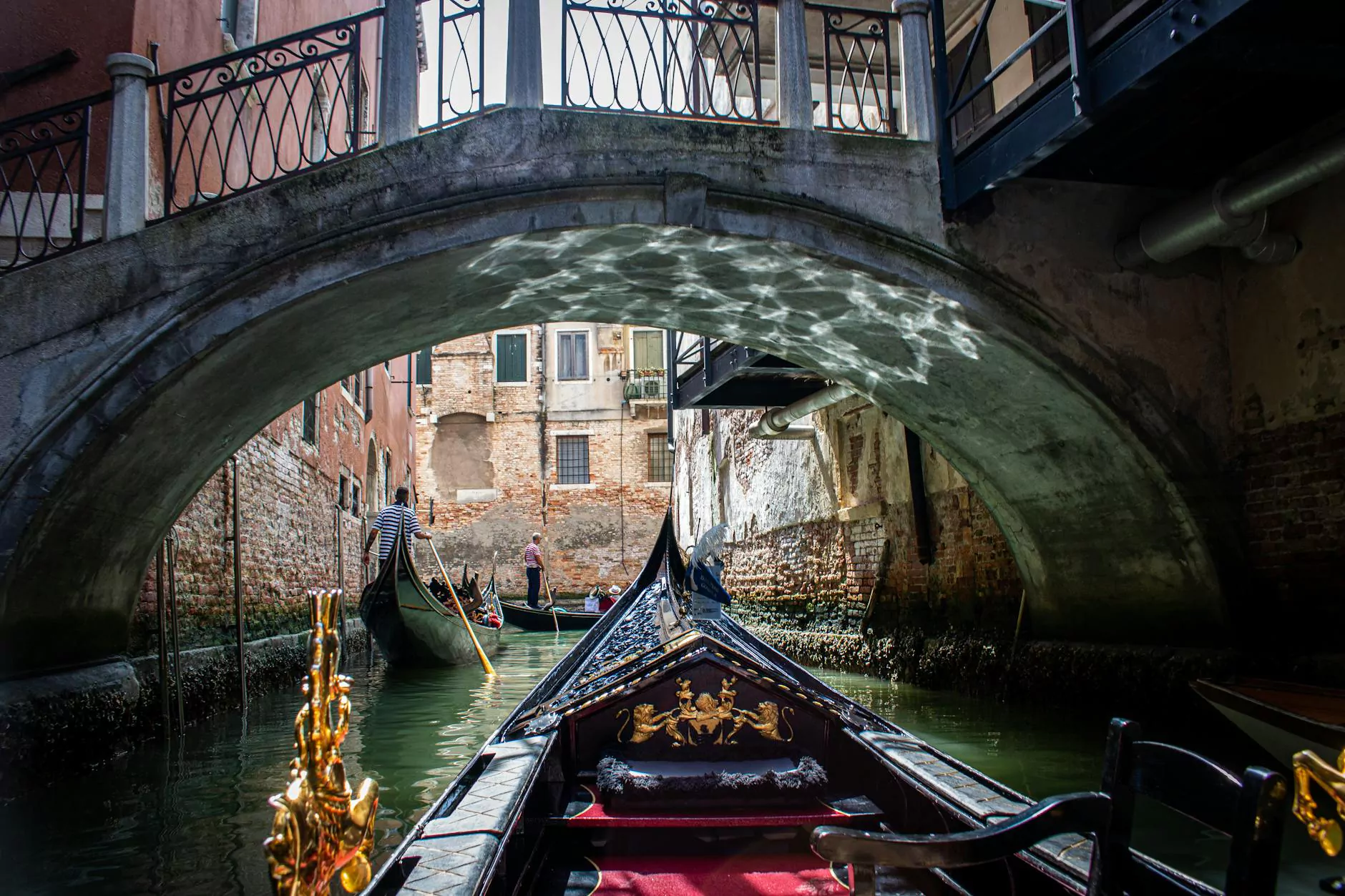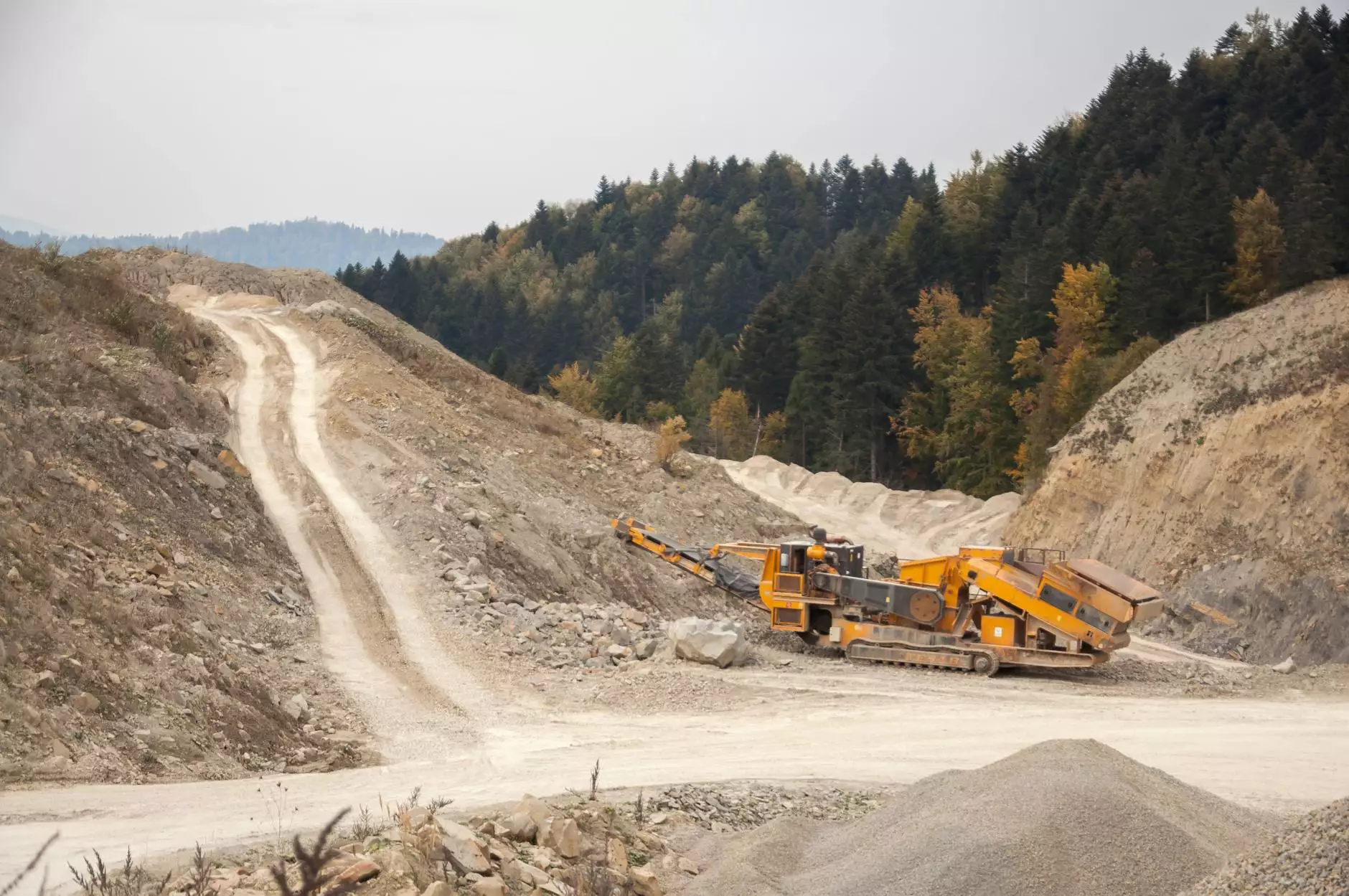Exploring the Riches of Morocco: A Comprehensive Guide to the Country's Currency
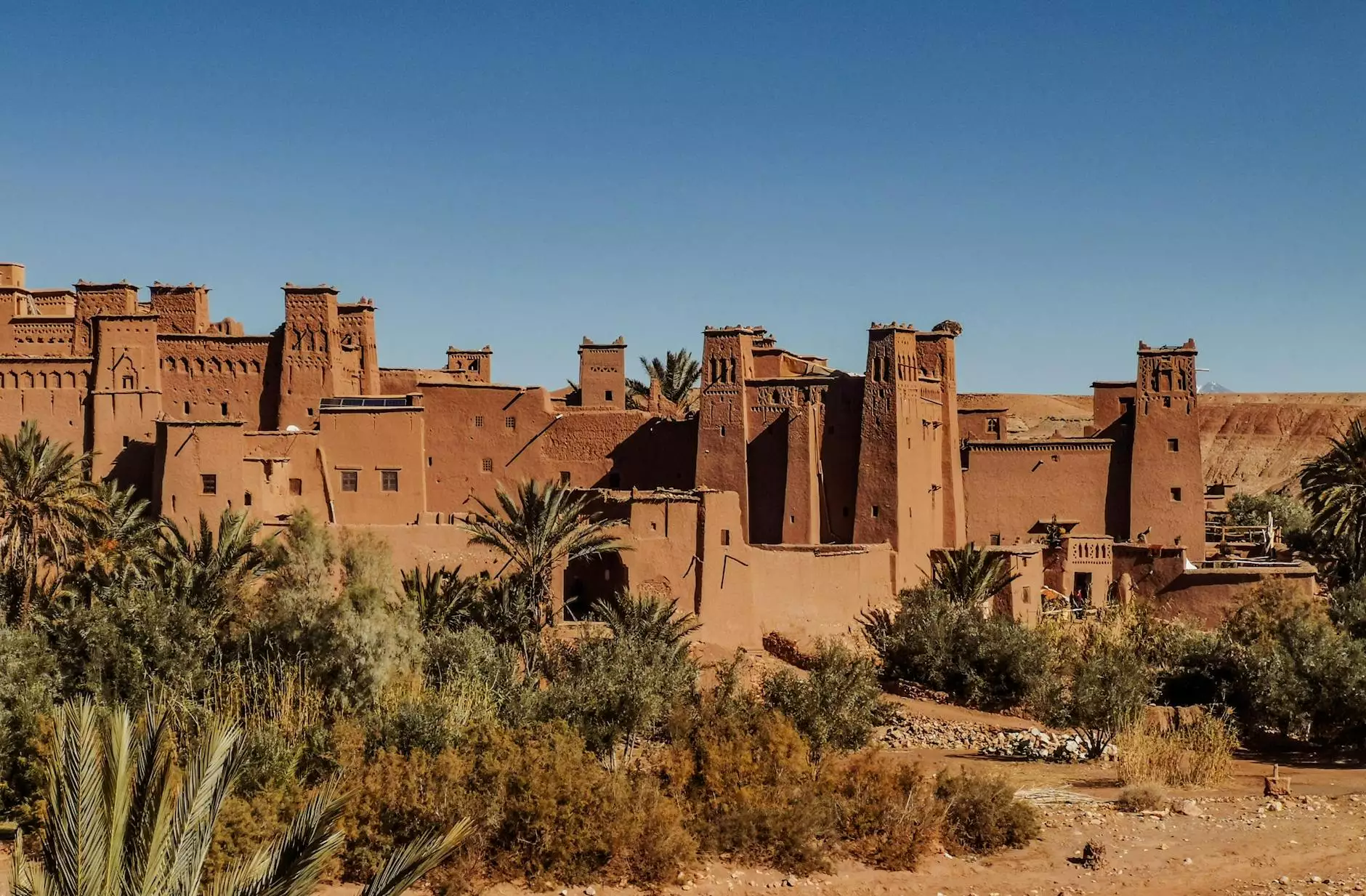
Introduction
Welcome to Morocco, a breathtaking country located in the northwest corner of Africa. Known for its diverse landscapes, vibrant culture, and historical landmarks, Morocco has become an increasingly popular destination for travelers from around the world. As you plan your trip with moroccoclassictours.com, one important aspect to consider is the country's currency. In this article, we will delve into the history of the Moroccan currency, provide insights on exchange rates, and offer valuable tips for handling money during your visit.
The Moroccan Dirham (MAD)
The Moroccan dirham (MAD) is the official currency of Morocco, and it has been in circulation since 1960. Prior to that, the country used French francs. The dirham is further divided into centimes, with 100 centimes making up one dirham. Banknotes are available in denominations of 20, 50, 100, and 200 dirhams, while coins come in 1, 2, 5, and 10 dirhams, as well as 5, 10, 20, and 50 centimes.
Exchange Rates and Where to Convert Currency
To ensure you have a smooth financial experience during your trip to Morocco, it is essential to be aware of the current exchange rates. The exchange rate for Moroccan dirhams can fluctuate, so it is advisable to check the rates before exchanging your currency.
While you may find currency exchange services at airports and hotels, it is recommended to convert your currency at authorized banks, post offices, or major exchange offices, known as "bureaux de change." These establishments typically offer more competitive rates and lower fees compared to those found at tourist hotspots.
Using ATMs and Credit Cards
ATMs are widely available in major Moroccan cities, allowing you to withdraw dirhams using your debit or credit card. However, it is advisable to inform your bank about your travel plans beforehand to avoid any potential issues with card usage abroad.
When using credit cards, particularly in restaurants, hotels, or larger establishments, Visa and Mastercard are generally accepted. However, it is always wise to carry some cash, especially when visiting smaller towns, markets, or rural areas where card payment options might be limited.
Tips for Handling Money in Morocco
1. Familiarize Yourself with the Currency: Take a moment to become acquainted with Moroccan dirham banknotes and coins. This can prevent confusion and help you handle money more confidently when making transactions.
2. Be Mindful of Small Change: While larger establishments may accept small international coins, it is recommended to carry Moroccan dirhams or larger internationally recognized coins for small purchases or when dealing with vendors in local markets.
3. Bargaining and Cash Payments: In Moroccan markets or souks, bargaining for goods is common practice. Here, cash transactions are the norm. Ensure you have enough small denomination notes and coins for such occasions.
4. Keeping Your Money Safe: Like any destination, it's important to be cautious with your money. Consider using a money belt or a secure travel wallet to minimize the risk of theft or loss. Additionally, storing emergency money in different locations can also provide peace of mind.
Conclusion
As you prepare for your adventure in Morocco, understanding the country's currency is crucial to ensuring a hassle-free travel experience. Remember to research current exchange rates, convert your currency at authorized establishments, and be mindful of the tips shared in this guide. By following these practices, you can confidently navigate the financial aspects of your journey, while immersing yourself in the rich culture, history, and beauty that Morocco has to offer.
Plan your dream trip to Morocco with moroccoclassictours.com today and embark on a memorable journey filled with breathtaking tours, exceptional travel agents, and outstanding vacation rentals – all set against the backdrop of Morocco's enchanting landscapes.
morocco currency